View all filters
Clear
Mas a casa ainda mora em mim
Translated from
Dutch
to
Portugese
by Pedro Viegas
Written in Dutch by Maud Vanhauwaert
8 minutes read
Ptice ne preletavajo primestnih naselij
Translated from
Serbian
to
Slovenian
by Natalija Milovanović
Written in Serbian by Ana Marija Grbic
8 minutes read
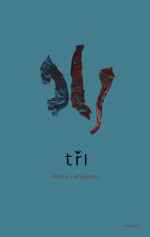
Tri!
Translated from
Czech
to
Slovenian
by Aleš Belšak
Written in Czech by Anna Luňáková
7 minutes read
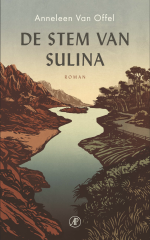
Vocea Sulinei
Translated from
Dutch
to
Romanian
by Andreea Bălteanu
Written in Dutch by Anneleen Van Offel
7 minutes read
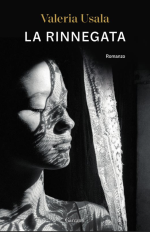
Odrzucona
Translated from
Italian
to
Polish
by Amina Niepsuj-Wood
Written in Italian by Valeria Usala
8 minutes read
Eu não era, mas agora sou. Sensível a qualquer mudança do tempo.
Translated from
Serbian
to
Portugese
by Ilija Stevanovski
Written in Serbian by Marija Pavlović
9 minutes read
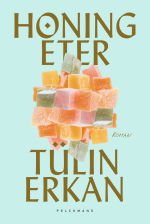
ARRIVALS / GELIȘ (Medojed)
Translated from
Dutch
to
Serbian
by Tamara Britka
Written in Dutch by Tülin Erkan
7 minutes read
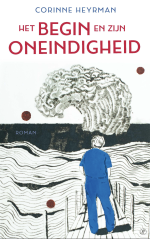
Początek i jego nieskończoność
Translated from
Dutch
to
Polish
by Anna Opara
Written in Dutch by Corinne Heyrman
8 minutes read
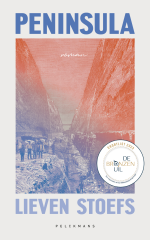
Korytarz (Peninsula)
Translated from
Dutch
to
Polish
by Anna Opara
Written in Dutch by Lieven Stoefs
7 minutes read
Nici
Translated from
Dutch
to
Polish
by Ewa Dynarowicz
Written in Dutch by Hannah Roels
6 minutes read

La voz de Sulina
Translated from
Dutch
to
Spanish
by Pablo Martín Sánchez
Written in Dutch by Anneleen Van Offel
8 minutes read
A ponte
Written in Portugese by João Valente
9 minutes read
Amanhã
Written in Portugese by Patrícia Patriarca
8 minutes read
Diccionario del preso
Translated from
Italian
to
Spanish
by Inés Sánchez Mesonero
Written in Italian by Sara Micello
7 minutes read
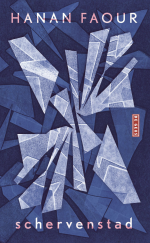
місто з уламків скла / розбите місто
Translated from
Dutch
to
Ukranian
by Larysa Dobra
Written in Dutch by Hanan Faour
7 minutes read
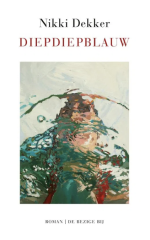
Iverak
Translated from
Dutch
to
Serbian
by Bojana Budimir
Written in Dutch by Nikki Dekker
7 minutes read
Vězňův slovník
Translated from
Italian
to
Czech
by Monika Štefková
Written in Italian by Sara Micello
6 minutes read
Residence
Translated from
Italian
to
Portugese
by Ana Cristino
Written in Italian by Maurizio Amendola
9 minutes read
Een lichaam opzetten
Written in Dutch by Nikki Dekker
8 minutes read
Esmeralda
Translated from
Portugese
to
Slovenian
by Maruša Fakin
Written in Portugese by Luis Brito
3 minutes read